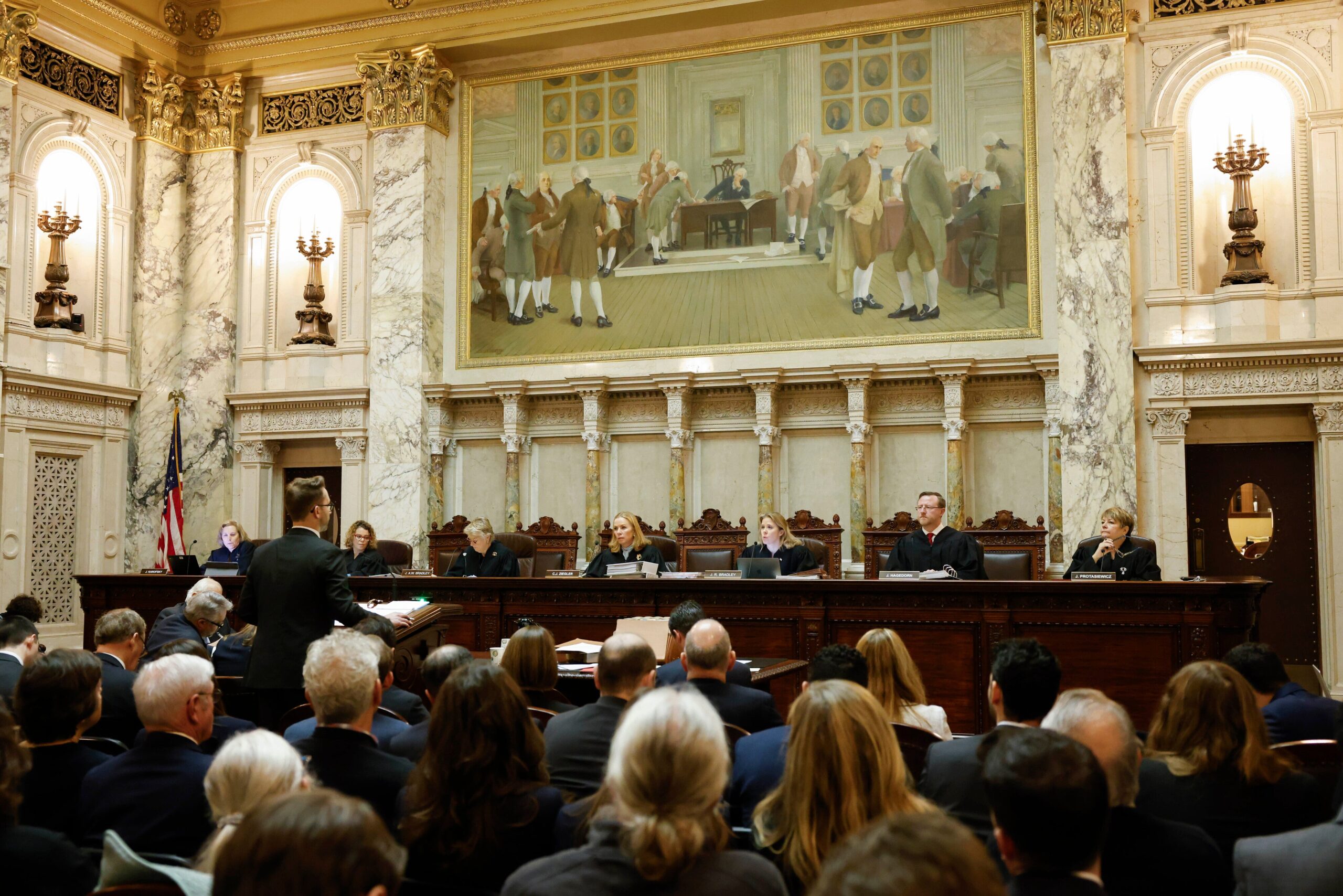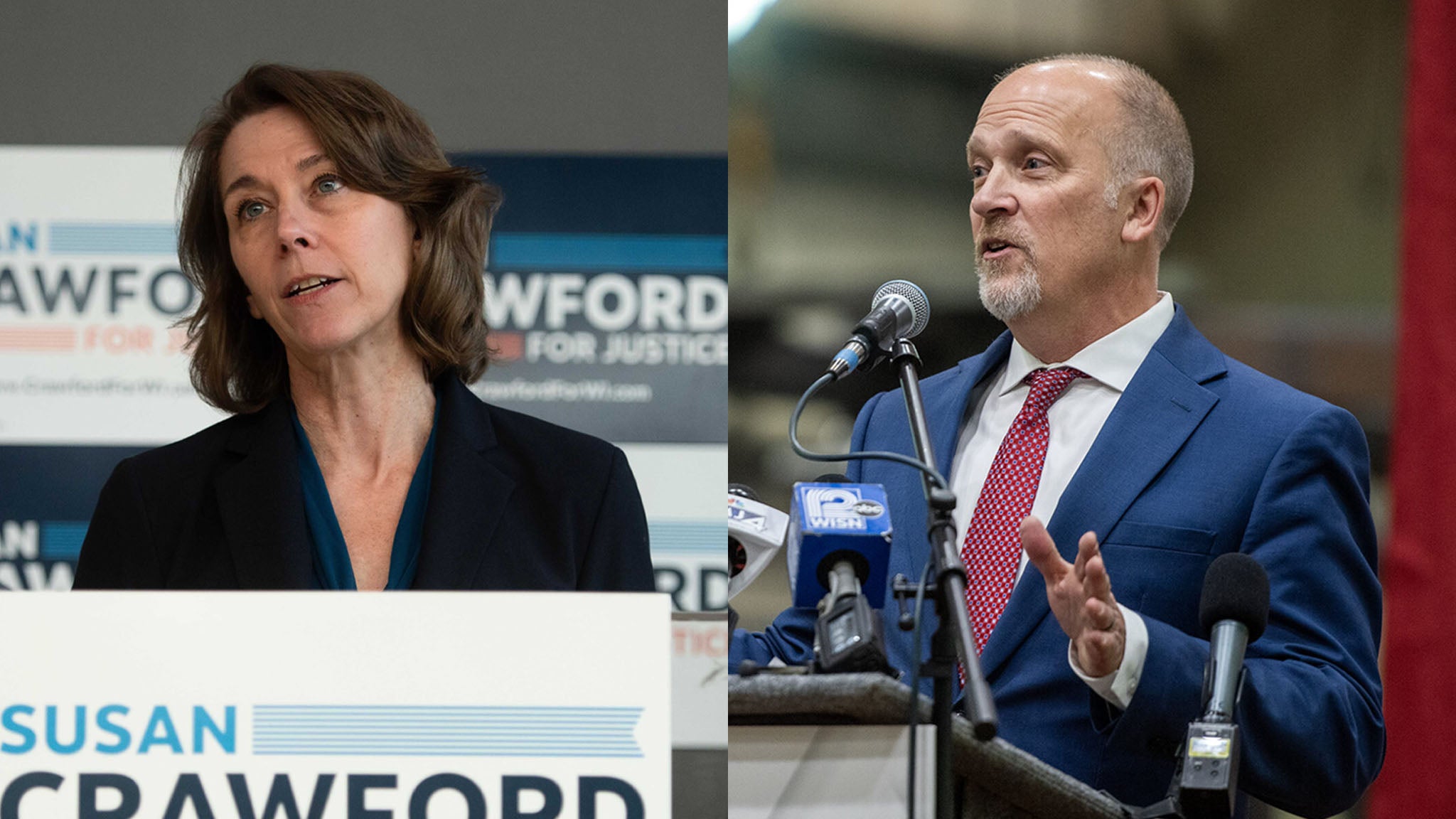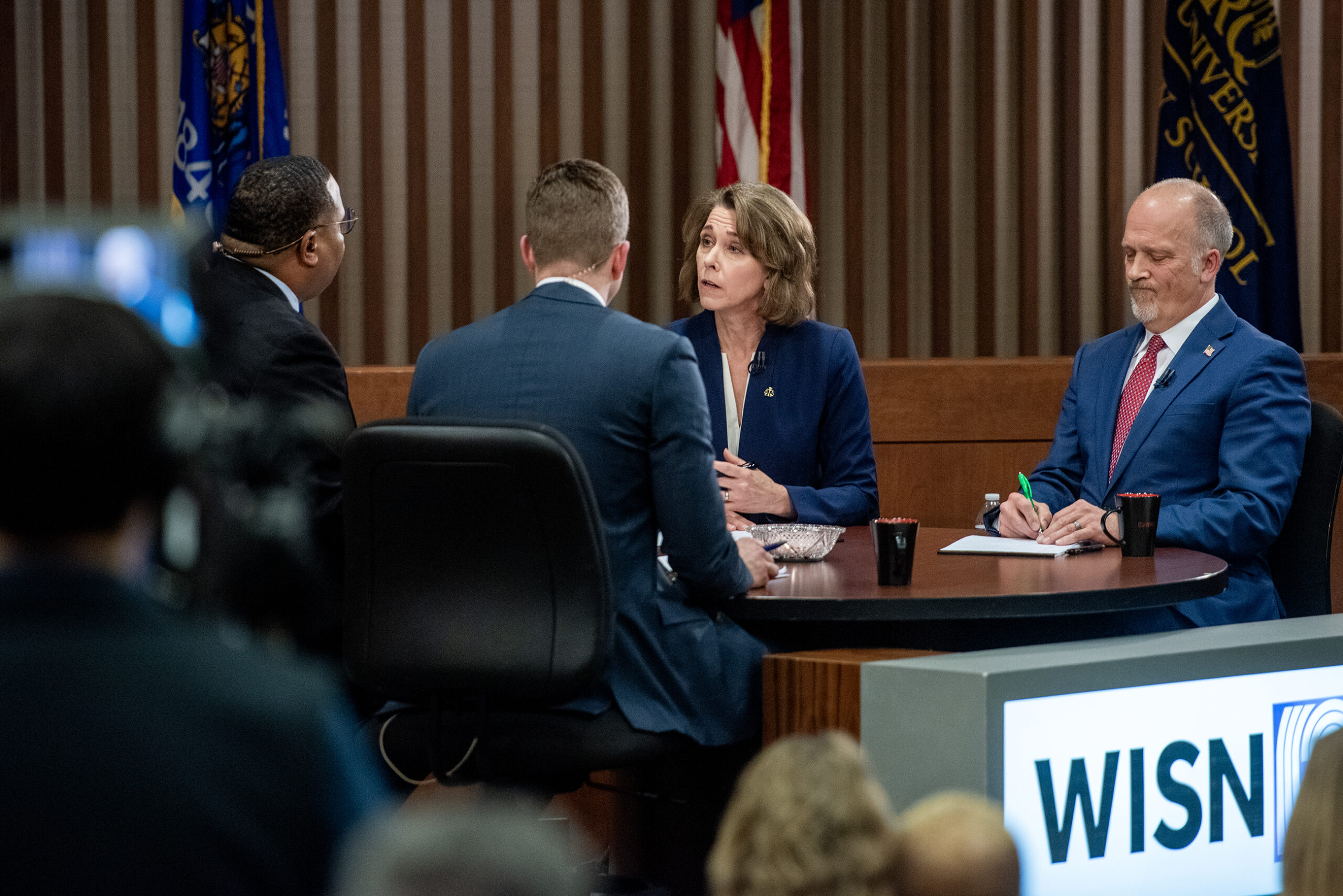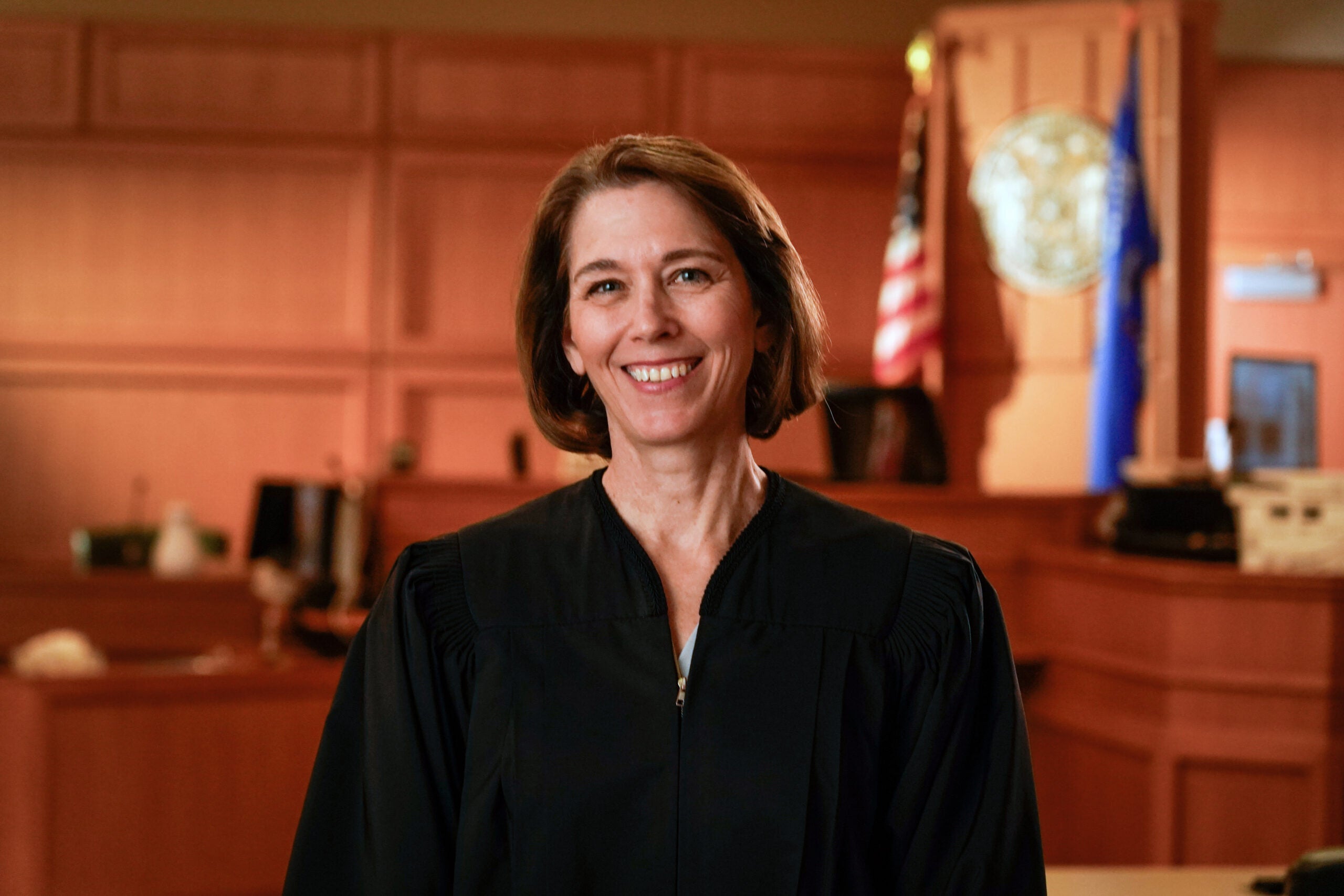Two redistricting consultants hired by the Wisconsin Supreme Court’s liberal majority will be paid up to $100,000 each to evaluate new legislative maps ahead of the November elections.
Contracts for University of California, Irvine Political Scientist Bernard Grofman and Carnegie Mellon University Political Scientist Jonathan Cervas were posted by the court Thursday. The consultants will each be paid rates of $450 per hour. The $100,000 cap on expenses can be exceeded with approval from the director of state courts.
Those costs will be paid by parties to Wisconsin’s redistricting lawsuit “as determined by the court in a future order.” With state lawmakers and Gov. Tony Evers involved in the case, the fees could fall to state taxpayers.
Stay informed on the latest news
Sign up for WPR’s email newsletter.
Taxpayers are already funding attorneys representing both Republican and Democratic state senators named in the redistricting lawsuit, where fees could total around $2 million.

Both Grofman and Cervas have served as consultants in redistricting cases before.
Grofman worked for Wisconsin Republicans during two previous rounds of redistricting, in 2011 and 2001. More recently, he was hired by the Supreme Court of Virginia in 2021 to help with redrawing legislative districts after a bipartisan commission failed to agree on how lines should be drawn.
Cervas was hired by a New York State judge as a special master last year to draw new legislative districts following a lawsuit by Republican state lawmakers there.
As consultants for Wisconsin’s highest court, the two will submit a report by Feb. 1 evaluating legislative maps submitted by parties in the state’s ongoing redistricting lawsuit per a court order. If Grofman and Cervas find those maps don’t meet requirements set out in the Wisconsin Constitution, federal law and partisan impact guidelines issued by the court’s liberal majority, the consultants will be tasked with drawing their own remedial map.
On Dec. 22, the state Supreme Court’s four liberal justices ruled Republican-drawn legislative maps violate the Constitution’s contiguity requirement, because multiple voting districts contain separate, detached pieces located within other nearby districts. The court’s three conservatives dissented, accusing their colleagues of pre-judging the case with political ends in mind.
The current legislative maps, which were originally drawn by Republican lawmakers in 2011 and signed by former Gov. Scott Walker, bolstered GOP majorities in the state Assembly and state Senate. They were tweaked slightly under a “least changes” approach adopted by the Supreme Court’s former conservative majority during redistricting litigation in 2021, giving Republicans an even bigger advantage.
Currently, Republicans have a 64-35 majority in the Assembly and a 22-11 supermajority in the Senate.
Republican lawmakers have asked the court to stay its order and reconsider their ruling, which is unlikely.
Assembly Speaker Robin Vos, R-Rochester, hinted at a federal appeal, stating that the U.S. Supreme Court will “have the last word.”
The Wisconsin Supreme Court’s conservatives have also criticized the hiring of Grofman and Cervas to critique proposed remedial maps or draw them themselves. They claim the liberal justices’ decision to contract with the consultants raises legal questions.
Wisconsin Public Radio, © Copyright 2025, Board of Regents of the University of Wisconsin System and Wisconsin Educational Communications Board.





